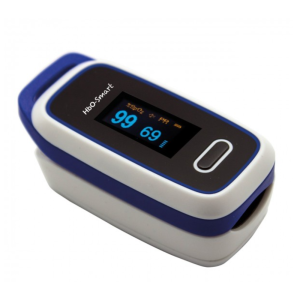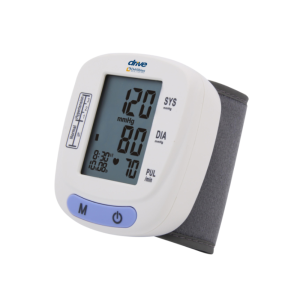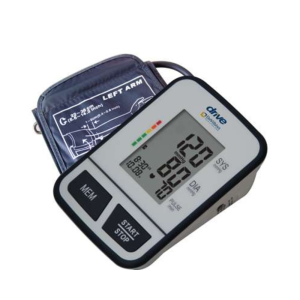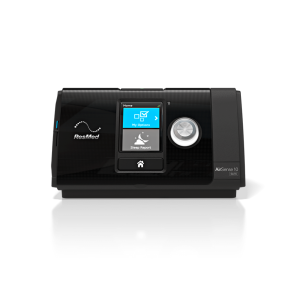Fact Checked
Intus Healthcare’s writers, customer service team, and sleep experts review and ensure this information is accurate.
Last updated on March 6th, 2024 at 09:57 am
Sleep disorders are linked to in an increase in developing heat problems, including cardiovascular heart disease and heart attacks. Obstructive Sleep Apnoea (OSA) is a sleep disorder that causes continuous breathing pauses, putting strain on the heart.
This article will explore the link between Sleep Apnoea and heart disease.
Table of Contents
Can Sleep Apnoea cause heart disease?
It is estimated that moderate to severe Sleep Apnoea affects millions of people in the UK, and approximately 80% are unaware they have the disorder.
Research dating back to the 1960s establishes that there is a link between the conditions. Untreated OSA can increase the risk of serious health complications, including heart failure, by 140% (1).
How does Sleep Apnoea damage the heart?
Sleep Apnoea causes the heart to work harder and can lead to changes in the structure and function of the heart. It can cause the heart muscles to thicken and enlarge the right side of the heart. These elements increase the risk of stroke, arrhythmias and other cardiac events.
Increased carbon dioxide levels (Hypercapnia)
Sleep Apnoea regularly deprives the body of oxygen, which significantly impacts the body’s ability to function effectively. Lower oxygen levels in your blood correlate to a higher concentration of carbon dioxide.
Carbon dioxide will starve your muscles of the crucial nutrients required to function correctly. This impacts your heart, placing it under greater strain and possibly leading to significant issues such as irregular heartbeats.
Lack of sleep
Insufficient sleep does not allow the heart and cardiovascular system to recover during sleep. When we don’t get enough sleep, our body releases stress hormones, raising blood pressure and making the heart work harder.
Additionally, insufficient sleep can disrupt our body’s ability to regulate sugar levels and cause inflammation linked to heart disease. Moreover, sleep is crucial for repairing and maintaining the blood vessels and heart. Without enough sleep, these vital functions may not happen properly, increasing the risk of heart problems like heart attacks and strokes.
Weight
Obesity can increase the risk of developing OSA, resulting in more pressure on the airway. It can also increase the risk of heart disease.
Obesity can increase the risk of heart disease because it puts extra strain on the heart. When someone is obese, their body has more fat tissue, which can lead to high levels of cholesterol and triglycerides in the blood. These substances can build up in the arteries, making them narrower and harder for blood to flow through. Excess weight can also lead to inflammation in the body, which is also linked to heart problems.
Please note: Sleep Apnoea with or without obesity can increase the risk of heart disease.
Chest pressure
Untreated OSA causes a person to breathe against a narrowed airway, resulting in changes in pressure within the chest cavity.
Over time, these repetitive changes in pressure can damage the heart. They can lead to an irregular, often rapid heartbeat, problems with blood flow to the heart, and even heart failure.
Can heart damage from Sleep Apnoea be reversed?
Unfortunately, if OSA is left untreated, the onset and development of heart disease are irreversible. However, monitoring and managing the disease can reduce its impact on your body.
How to reduce the risk of heart disease
If you have symptoms of Sleep Apnoea, taking an In-Home Sleep Test or sleep study is strongly advised.
Symptoms include:

In-Home Sleep Apnoea Test
The best way to determine whether or not you have Obstructive Sleep Apnoea is to take an in-home Sleep Apnoea test.
The sleep test is easy-to-use and only requires data from a single night of sleep. Once the data is received, it is reviewed by our NHS-trained sleep test specialists. If OSA is confirmed, they will be able to make treatment recommendations.
If you wake up with your heart racing shortly after falling asleep, this could be a sign a sleep condition is affecting your heart. A 2018 study found that Sleep Apnoea increases the risk of an irregular heart rate (2). It increases the risk due to sudden drops in blood oxygen levels, putting strain on the heart.
For those with confirmation of OSA, treatment is the next step to take.
Treatments
Various treatment options are designed to suit different needs and severities. Treatments range from lifestyle adjustments to therapy machines.
Lifestyle adjustments
Some expert lifestyle recommendations include the following:
- Avoid stimulants such as caffeine, particularly before going to sleep.
- Reducing alcohol consumption.
- Implementing an exercise programme.
- Reducing the amount of saturated fat in your diet.
- Monitoring your blood pressure regularly.
- Avoiding smoking.
These elements all encompass good sleep hygiene.

Mouthguards
Sleep Apnoea mouthguards are known as Mandibular Advancement Devices (MADs). These oral appliances hold the lower jaw forward to create more space at the back of the throat. This motion helps to prevent airway closure, stopping Sleep Apnoea.
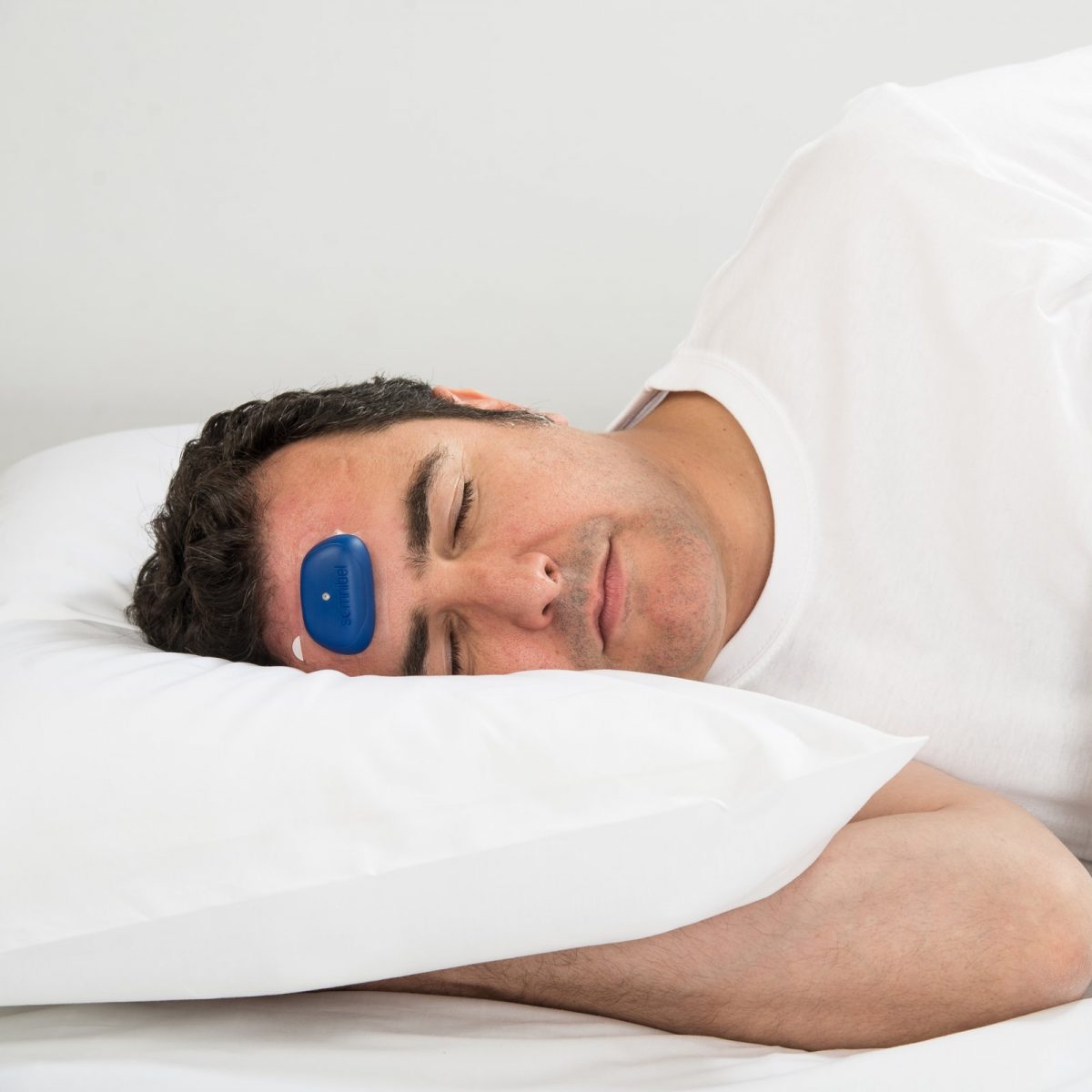
Positional Therapy
Positional sleep therapy training is used for milder OSA and is designed to encourage the user to sleep on their side. Sleeping in this position keeps the airway open. The non-invasive option comes in various forms, including small forehead devices and belts.
This type of treatment is an alternative to CPAP therapy and should only be used when recommended by your healthcare provider.

CPAP Therapy
Continuous Positive Airway Pressure (CPAP) Therapy is the most common form of treatment. It consists of a machine, mask, and tube that deliver airflow to the user. The airflow keeps the airway open to prevent it from collapsing.
CPAP is the gold standard treatment method thousands of people in the UK use.
It is important to note that the treatment recommended depends on an OSA severity.
Three ways to monitor your heart health at home
- Avoid foods high in saturated fats: Foods high in saturated fats and cholesterol have been linked to cardiovascular heart conditions such as heart disease. Foods which are high in saturated fat include red meat, whole milk, cheese, cream, butter, palm oil and dark-meat poultry
- Get a home blood pressure monitor (BP monitor): A blood pressure monitor records the pressure of the blood against your blood vessels. High blood pressure (Hypertension) can lead to the development of heart disorders, stroke, and kidney disease.
Ideal blood pressure is 120/80 mmHg or below. Self-monitoring is an efficient part of heart healthcare. Some studies suggest that regular monitoring at home lowers blood pressure. It also helps patients understand how dietary and lifestyle habits modulate their BP.
- Monitoring your pulse: Testing your pulse at home is a simple and effective way of monitoring your heart rate. It can help you identify any irregularities in your heart rate, such as a rapid or slow heartbeat. It can also track your progress when exercising, as it can help you determine if you are working out within your target heart rate range. Monitoring your pulse can also be useful for detecting signs of stress or anxiety.
For more information on heart disease, visit the British Heart Foundation: https://www.bhf.org.uk/
Do not hesitate to contact us for further help and advice.
Helpful Devices
REFERENCES
- Jean-Louis G, Zizi F, Brown D, Ogedegbe G, Borer J, McFarlane S. Obstructive sleep apnea and cardiovascular disease: evidence and underlying mechanisms. Minerva Pneumol. (2009) Available at: https://pubmed.ncbi.nlm.nih.gov/21643544/. Accessed: 06.03.2024
- Kendzerska, T. Sleep Apnea Increases the Risk of New Hospitalized Atril Fibrillation. (2018) Available at: https://journal.chestnet.org/article/S0012-3692(18)32437-1/abstract. Accessed: 06.03.2024





